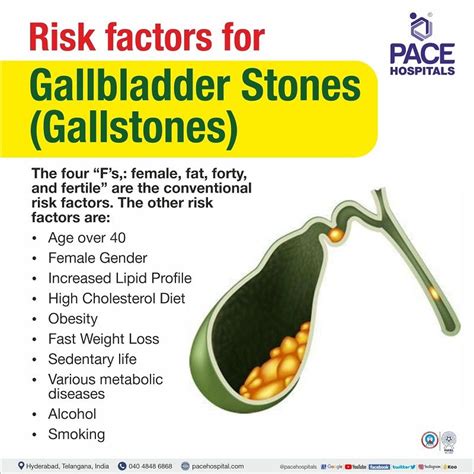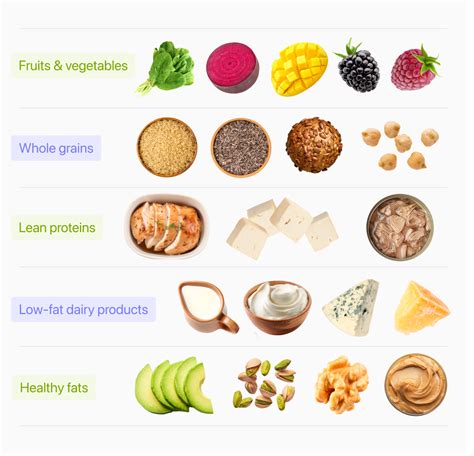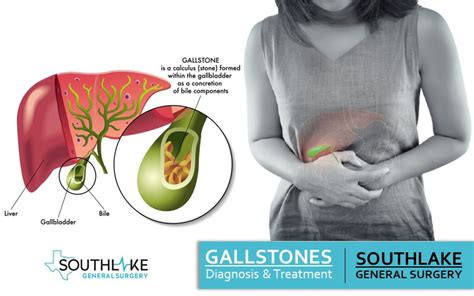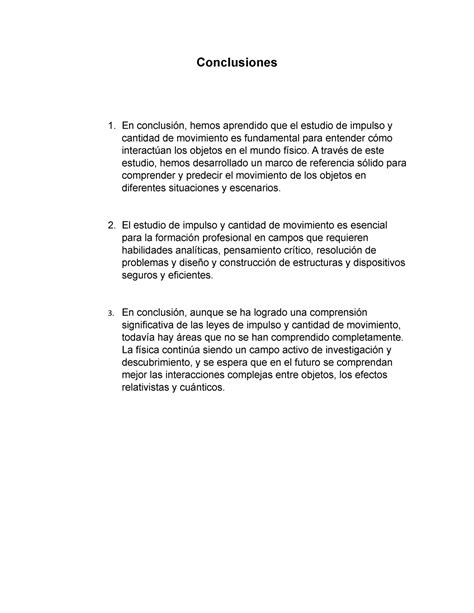Intro
Manage gallstones with a low-fat diet, reducing symptoms and risk. Learn how a gallbladder-friendly diet with minimal fatty foods can help alleviate pain and discomfort, promoting overall digestive health and wellness.
The importance of diet in managing gallstones cannot be overstated. A well-planned diet can help alleviate symptoms, prevent complications, and even reduce the risk of gallstone formation. One dietary approach that has gained significant attention in recent years is the low-fat diet. By reducing fat intake, individuals with gallstones can help minimize the strain on their gallbladder and promote overall digestive health. In this article, we will delve into the world of gallstones, exploring the benefits and mechanisms of a low-fat diet in managing this common health issue.
Gallstones are small, hard deposits that form in the gallbladder, a pear-shaped organ located beneath the liver. They can be as small as a grain of sand or as large as a golf ball, and are usually composed of cholesterol, bile salts, and other substances. Gallstones can cause a range of symptoms, from mild discomfort to severe pain, and can increase the risk of complications such as infection, inflammation, and even gallbladder cancer. With millions of people worldwide affected by gallstones, it is essential to explore dietary strategies that can help prevent and manage this condition.
The relationship between diet and gallstones is complex, but research suggests that a low-fat diet can play a crucial role in reducing the risk of gallstone formation. By limiting fat intake, individuals can help reduce the amount of cholesterol produced in the liver, which is then secreted into the bile. Excess cholesterol in the bile can contribute to the formation of cholesterol gallstones, which are the most common type of gallstone. Furthermore, a low-fat diet can help promote the production of bile salts, which can aid in the digestion and absorption of fats and reduce the risk of gallstone formation.
Gallstones and Diet

A low-fat diet is not just about reducing fat intake; it is also about making informed food choices that promote overall digestive health. Foods that are high in fat, such as fried foods, processed meats, and full-fat dairy products, can put a strain on the gallbladder and increase the risk of gallstone formation. On the other hand, foods that are low in fat and high in fiber, such as fruits, vegetables, whole grains, and lean proteins, can help promote digestive health and reduce the risk of gallstones.
Benefits of a Low-Fat Diet
The benefits of a low-fat diet for individuals with gallstones are numerous. Some of the key advantages include: * Reduced risk of gallstone formation: By limiting fat intake, individuals can help reduce the amount of cholesterol produced in the liver, which can contribute to the formation of cholesterol gallstones. * Alleviation of symptoms: A low-fat diet can help reduce the strain on the gallbladder, which can alleviate symptoms such as pain, discomfort, and nausea. * Improved digestive health: A low-fat diet can help promote the production of bile salts, which can aid in the digestion and absorption of fats and reduce the risk of gallstone formation. * Weight management: A low-fat diet can help with weight management, which is essential for reducing the risk of gallstones.How to Follow a Low-Fat Diet

Following a low-fat diet can be challenging, but with a few simple tips and tricks, individuals can make informed food choices that promote overall digestive health. Here are some key takeaways:
- Choose lean proteins: Opt for lean proteins such as chicken, fish, and turkey, which are low in fat and high in protein.
- Select low-fat dairy products: Choose low-fat or fat-free dairy products, such as milk, cheese, and yogurt, which are lower in fat and calories.
- Eat plenty of fruits and vegetables: Fruits and vegetables are low in fat and high in fiber, making them an excellent choice for individuals with gallstones.
- Limit processed foods: Processed foods are often high in fat, salt, and sugar, and can put a strain on the gallbladder.
Foods to Avoid
Some foods can exacerbate gallstone symptoms and increase the risk of complications. Here are some foods to avoid: * Fried foods: Fried foods are high in fat and can put a strain on the gallbladder. * Processed meats: Processed meats, such as hot dogs and sausages, are high in fat and preservatives. * Full-fat dairy products: Full-fat dairy products, such as cheese and whole milk, are high in fat and calories. * High-fat snacks: High-fat snacks, such as chips and cookies, can put a strain on the gallbladder.Additional Tips for Managing Gallstones

In addition to following a low-fat diet, there are several other strategies that can help manage gallstones. Here are some additional tips:
- Stay hydrated: Drinking plenty of water can help flush out the gallbladder and reduce the risk of gallstone formation.
- Exercise regularly: Regular exercise can help promote digestive health and reduce the risk of gallstones.
- Manage stress: Stress can exacerbate gallstone symptoms, so it is essential to manage stress through techniques such as meditation and deep breathing.
Statistical Data
According to the National Institute of Diabetes and Digestive and Kidney Diseases, approximately 1 in 10 adults in the United States has gallstones. Furthermore, research suggests that a low-fat diet can reduce the risk of gallstone formation by up to 20%. By making informed food choices and following a low-fat diet, individuals can take a proactive approach to managing gallstones and promoting overall digestive health.Conclusion and Next Steps

In conclusion, a low-fat diet can play a crucial role in managing gallstones and promoting overall digestive health. By reducing fat intake, individuals can help minimize the strain on their gallbladder and reduce the risk of gallstone formation. We encourage readers to take a proactive approach to managing gallstones by making informed food choices and following a low-fat diet. Share your experiences with gallstones and low-fat diets in the comments below, and don't forget to share this article with friends and family who may be affected by this common health issue.
What are the symptoms of gallstones?
+Gallstones can cause a range of symptoms, from mild discomfort to severe pain, and can increase the risk of complications such as infection, inflammation, and even gallbladder cancer.
How can I reduce my risk of gallstone formation?
+A low-fat diet, regular exercise, and staying hydrated can help reduce the risk of gallstone formation. Additionally, managing stress and maintaining a healthy weight can also help reduce the risk of gallstones.
Can I still eat fatty foods if I have gallstones?
+It is recommended to limit or avoid fatty foods if you have gallstones, as they can put a strain on the gallbladder and increase the risk of complications. Instead, opt for lean proteins, low-fat dairy products, and plenty of fruits and vegetables.
